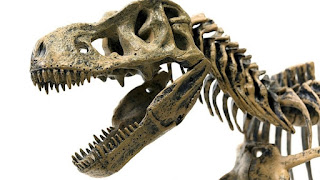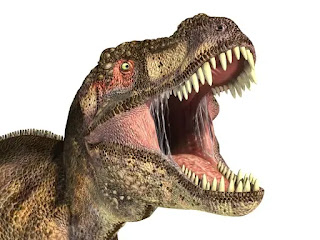Why You Should Not Google "What Dinosaur Has 500 Teeth"
If you are trying to find a dinosaur with 500 teeth, think again! This blog article is about the dangers of blindly Googling. What you might find on Google may be different from what you actually wanted to find.
What do you think the answer is to this question? What dinosaur has 500 teeth, right? Well, I’ll tell you – it’s not a dinosaur! This blog article contains information on how to avoid negative search results.
Why you should not Google ‘What Dinosaur Has 500 Teeth’
Do you ever Google search phrases that you know are not going to be good for your mental health? For example, “What Dinosaur Has Teeth”.
Google has a feature called “Searches by Interests” which is a list of the most popular queries that have been typed into the search engine. The results of this feature can be very misleading.
For example, the “What Dinosaur Has 500 Teeth” query was recently ranked as one of the top searches on Google. However, this phrase is not beneficial for your mental health.
Searching for information about dinosaurs can lead to a lot of anxiety and stress. It is important to be aware of the negative consequences of Internet searches and to take caution when you are Googling any potentially anxiety-inducing phrases.
The History of the Search Engine
The history of the search engine is a story about how humans have been looking for information for centuries. The search engine we know today began as a tool that people used to find information about the internet.
Back in the early days of the internet, people would type in whatever they wanted to find. However, this method was not very efficient. So, in 1995, Google founders Sergey Brin and Larry Page created a search engine that was based on the idea of "back- linking." This means that when you searched for something on Google, it would show you websites that were related to the topic you were searching for.
This method proved to be much more efficient than typing in random words. And because of this, Google quickly became the most popular search engine on the internet.
Probable Reasons a Dinosaur Could Have 500 Teeth
Google "What dinosaur has teeth" and you'll likely get a lot of results that claim dinosaurs had 500 teeth. But this isn't actually true.
Dinosaurs had over 60 teeth in their diets, but the ones that are most commonly found are on the front of their jaws. These teeth were used to bite into food, and they weren't used for chewing.
The reason why so many people think dinosaurs had 500 teeth is because of a fossil that was found in China back in the 1800s. The fossil was excavated and it included the remains of a juvenile sauropod dinosaur. The fossil had 507 teeth!
However, this doesn't mean that all dinosaurs had 500 teeth. In fact, only about half of all dinosaurs have been found with teeth from the front of their jaws. So before you go Google searching for "what dinosaur has 500 teeth," make sure you're using the right information!
The 5 Most Common Reasons a Dinosaur Might Have 500 Teeth
Google is a powerful tool, but it can also be dangerous if you don't know how to use it safely. One of the most common ways that people misuse Google is by searching for information about dinosaurs.
Dinosaurs are a fascinating topic, but there are some things that you should avoid Googleing if you want to stay safe. For example, you should not Google "what dinosaur has teeth" because that will give you a lot of false information.
Instead, you should research specific dinosaurs before you try to learn more about them. This will help you to avoid getting mislead by inaccurate information.
If you need to search for information about dinosaurs, be sure to use Google wisely. Use it to find information about specific topics, and avoid relying on unverified sources.
Conclusion
Just because you Google "what dinosaur has teeth" doesn't mean that you're going to come up with a good answer. In fact, you might be surprised by just how many sites out there are trying to sell you a product or service based on your search results. Don't be fooled – always use caution when clicking on links that appear in your search engine results pages (SERPs). Stick to reputable sources and trusted websites, and remember: only trust information that comes from trustworthy sources.
Google "What Dinosaur Has Teeth" and you're likely to get some pretty interesting results. For example, you may be led to websites that claim a particular dinosaur had sharp teeth, or that all dinosaurs had teeth. However, much of the information on these websites is not accurate. As a result, it's important to be cautious when looking for information about dinosaurs on the internet — don't trust everything you read!




